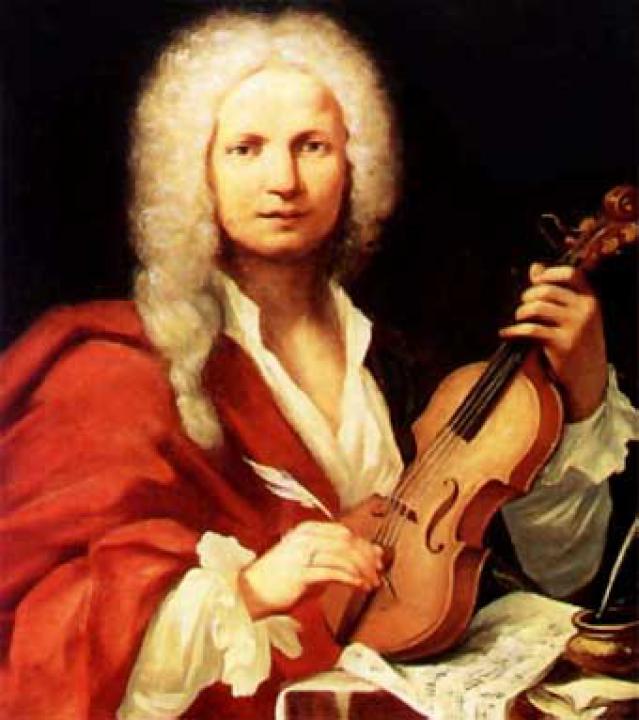Stamp: Bohuslav Martinu (1890-1959), composer (Czechoslovakia 1990)
Bohuslav Martinu (1890-1959), composer (Czechoslovakia 1990)
09 January (Czechoslovakia ) within release Personality Aniversary goes into circulation Stamp Bohuslav Martinu (1890-1959), composer face value 10 Czechoslovakian koruna
| Stamp Bohuslav Martinu (1890-1959), composer in catalogues | |
|---|---|
| Michel: | Mi:CS 3035 |
| Yvert et Tellier: | Yt:CS 2836 |
| POFIS: | POF:CS 2927 |
Stamp is square format.
Bohuslav Martinů: (Polička, December 8, 1890 – Liestal, August 28, 1959) was a prolific Czech composer of modern classical music. Martinů wrote 6 symphonies, 15 operas, 14 ballet scores and a large body of orchestral, chamber, vocal and instrumental works. Martinů became a violinist in the Czech Philharmonic Orchestra, and taught music in his home town.Also in the issue Personality Aniversary:
- Stamp - Tomáš Garrigue Masaryk (1850-1937), president face value 50;
- Stamp - Karel Čapek, Czech writer face value 50;
- Stamp - Vladimir Lenin (1870-1924) face value 1;
- Stamp - Emile Zola, French writer face value 2;
- Stamp - Jaroslav Heyrovský (1890-1987), chemical physicist face value 3;
- Stamp - Bohuslav Martinu (1890-1959), composer face value 10;
Stamp Bohuslav Martinu (1890-1959), composer it reflects the thematic directions:
The United Nations Educational, Scientific and Cultural Organization (UNESCO; pronounced /juːˈnɛskoʊ/) is a specialized agency of the United Nations (UN) with the aim of promoting world peace and security through international cooperation in education, arts, sciences and culture. It has 194 member states and 12 associate members,as well as partners in the non-governmental, intergovernmental and private sector. Headquartered in Paris, France, UNESCO has 53 regional field offices and 199 national commissions
Music is an art form and cultural activity whose medium is sound organized in time. The common elements of music are pitch (which governs melody and harmony), rhythm (and its associated concepts tempo, meter, and articulation), dynamics (loudness and softness), and the sonic qualities of timbre and texture (which are sometimes termed the "color" of a musical sound). Different styles or types of music may emphasize, de-emphasize or omit some of these elements. Music is performed with a vast range of instruments and vocal techniques ranging from singing to rapping; there are solely instrumental pieces, solely vocal pieces (such as songs without instrumental accompaniment) and pieces that combine singing and instruments. The word derives from Greek μουσική (mousike; "art of the Muses"). In its most general form, the activities describing music as an art form or cultural activity include the creation of works of music (songs, tunes, symphonies, and so on), the criticism of music, the study of the history of music, and the aesthetic examination of music. Ancient Greek and Indian philosophers defined music as tones ordered horizontally as melodies and vertically as harmonies. Common sayings such as "the harmony of the spheres" and "it is music to my ears" point to the notion that music is often ordered and pleasant to listen to.
A composer is a person who writes music. The term is especially used to indicate composers of Western classical music, or those who are composers by occupation. Many composers are, or were, also skilled performers of music.



